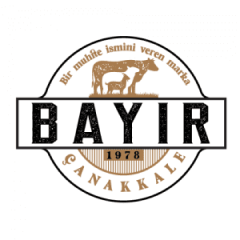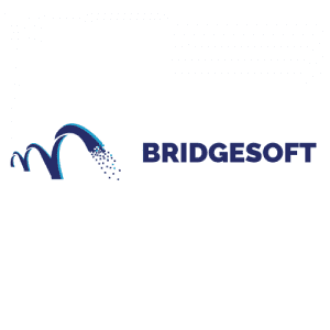Business initiatives are examined based on a framework of evaluation criteria. The evaluation process is undertaken by professional staff and business partners at TARS. Only those business initiatives that satisfy each of the evaluation criteria are funded in line with the fund investment strategies.
Business Attractiveness
Commercial potential of the initiative
Market Attractiveness
Structure and future potential of the market
Product / Service Attractiveness
Value perception of the product or service in relation to target customers
Management Strength
Knowledge and experience of the management team
Exit Opportunities
Opportunity to gain from the future value of the initiative
TARS investment and portfolio performance management processes are operated according to a five-stage framework
SOURCE
Ideas and initiatives in the fields of agriculture, food, and technology undergo screening, and opportunities associated with significant potential are taken to the next level.
EVALUATE
Outstanding investment opportunities are reviewed in detail, after which investment decisions are made by the Fund Management Team.
TRANSACT
Commercial negotiations and contracting processes between the parties are conducted to establish the foundation for a successful future together.
MANAGE
Managerial support is provided by transferring the knowledge and experience from TARS to the investment, thereby facilitating the achievement of the targets in line with the agreed business plan.
EXIT
Investments that have reached their commercial targets and reached a satisfactory value in the market are transferred to new investors, thereby paving the way for new investments in future business opportunities.
STEP 1:
Companies seeking investment apply by sharing their basic information on the TARS website.
STEP 2:
With the help of ecosystem business partners, proactive research is carried out on companies applying to TARS and other potential opportunities in the market.
STEP 3:
TARS analysis teams pre-evaluate potential investment opportunities in line with investment criteria.
STEP 4:
Business relationships are initiated with the candidates who are believed to have investment potential. To assess the candidate’s management team and working environment in a systematic way, a half-day meeting is held following the mutual signing of the confidentiality agreement.
STEP 5:
To establish a basis for negotiations with clients that are believed to overlap with the TARS resource allocation strategy, a Letter of Understanding is prepared with the Parties in line with the Management Progress Decision.
STEP 6:
A Due Diligence Team is established to carry out the evaluation process for the Entrepreneur Candidate that the TARS Investment Committee plans to invest in.
STEP 7:
A due diligence document containing commercial, legal, and operational information about the candidate is prepared by TARS. Field visits and interviews to the investor presentation are undertaken.
STEP 8:
The analyses and interviews completed by the Due Diligence Team are prepared in the form of an Investor Presentation Document, and the investment decision of the TARS Investment Committee is made.
STEP 9:
The Investment Proposal is presented to the Executive Committee and the Management Team. After taking the evaluation criteria into consideration, the Investment Committee decides whether or not to invest in the candidate. A detailed Draft Protocol, including commercial terms and management issues, is prepared, and the commercial transaction process is initiated.
STEP 10:
Draft Protocol, including commercial terms and management issues, is shared to start the negotiations.
STEP 11:
The agreed draft protocol is further detailed and commercial negotiations are initiated. The aim of the commercial negotiations is to define how to create and share the value in written.
STEP 12:
The Investment Agreement is signed between TARS and Investee
STEP 13:
Actions defined on the Investment Protocol are executed and Investee Board Members (and other management team members if agreed) assigned.
STEP 14:
A joint Business Plan and Goals are prepared in order to guide the Investee.
STEP 15:
Key Performance Indicators are defined to achieve the corporate goals and periodically reviewed with the management team. Management decisions are made in line with the strategies.
STEP 16:
Potential offers are evaluated to execute the Exit plan which was formerly prepared during investment phase.
STEP 17:
The proposals are assessed in line with TARS strategies.
STEP 18:
Commercial negotiations are carried out by the Executive Committee and if the offers is also accepted by the Investment Committee the Exit phase is completed following an exit agreement.







-1714386257.png)










.png)











